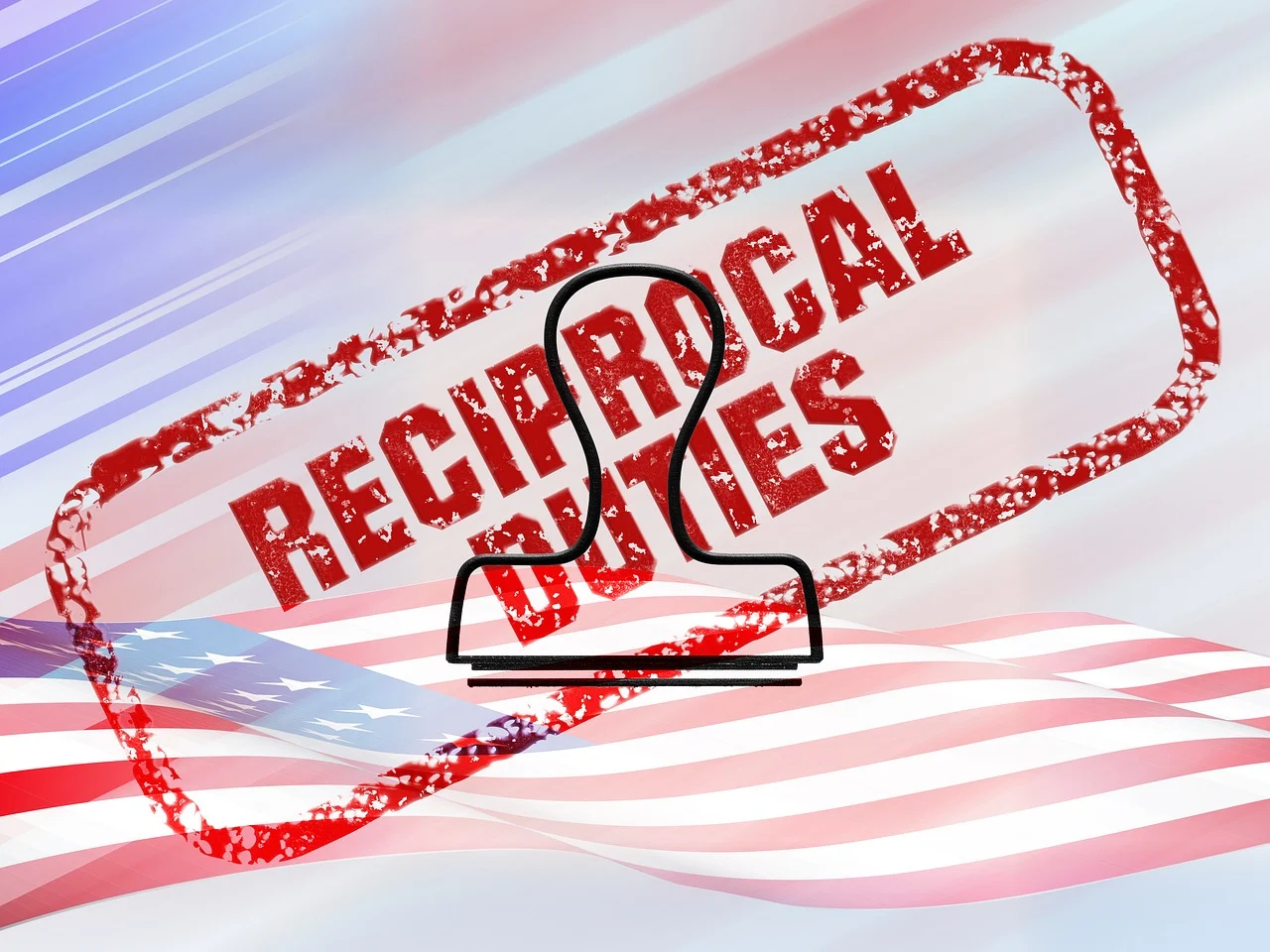The ongoing transatlantic trade tensions have taken a sharper turn with the United States announcing a new 20% tariff on all imports from the European Union. This move has prompted immediate countermeasures from the EU, marking another chapter in the ongoing cycle of reciprocal tariffs. Cyprus accountants provide a professional breakdown of these developments and the potential risks for European businesses.

What Are Reciprocal Tariffs?
Reciprocal tariffs refer to trade barriers imposed by one country in direct response to similar measures from another. They are often used in trade disputes as a retaliatory tool aimed at pressuring the opposing side into negotiations or policy reversals.
In this case, the U.S. government has categorized the European Union alongside China and others in what it terms as unfair trading partners, justifying the tariffs as a corrective measure.
The EU has responded in kind. According to recent documentation reviewed by Reuters, the European Commission has proposed a 25% counter-tariff on a broad range of American goods. This proposal includes a phased approach, with some tariffs set to take effect on May 16 and others, including on agricultural products like almonds and soybeans, scheduled for December 1.
Notably, high-profile goods such as bourbon, wine, and dairy have been excluded from the initial list to prevent further escalation. This followed U.S. threats to impose a 200% retaliatory tariff on EU alcoholic beverages—posing a risk particularly to southern European economies.
Impact Assessment: Insights from Accountants in Cyprus
Accountants in Cyprus emphasize the broader economic and operational implications for European enterprises. The key concerns include:
- Cost Pressures on Imports: Companies importing affected U.S. goods may encounter significant increases in cost, with downstream effects on pricing and profitability.
- Export Market Risks: European exporters, especially in industries targeted by S. tariffs, could face reduced competitiveness in American markets. This is likely to affect sectors such as industrial manufacturing, food and beverages, and luxury goods, according to accountants in Cyprus.
- Supply Chain Complexity: Increased costs and potential delays in logistics are likely to disrupt supply chains, especially for businesses that operate across the Atlantic.
- Investment and Economic Confidence: The continued uncertainty surrounding international trade policies may lead to reduced investor confidence and delayed capital investment across the region.
Strategic Considerations for Businesses
Cyprus accountants advise companies to begin implementing risk management strategies and to reevaluate market exposure. Firms should consider diversifying suppliers, adjusting pricing models, and maintaining close monitoring of evolving trade regulations. In addition, collaboration with trade associations can provide businesses with timely insights and access to lobbying mechanisms for policy redress.
Conclusion
The re-escalation of U.S.-EU trade tensions through reciprocal tariffs signals a volatile period for transatlantic commerce. Cyprus accountants highlight that while the situation remains fluid, preparedness and strategic adaptability will be key in mitigating financial and operational risks. European businesses are advised to act swiftly in assessing their vulnerabilities and planning for various trade scenarios.







